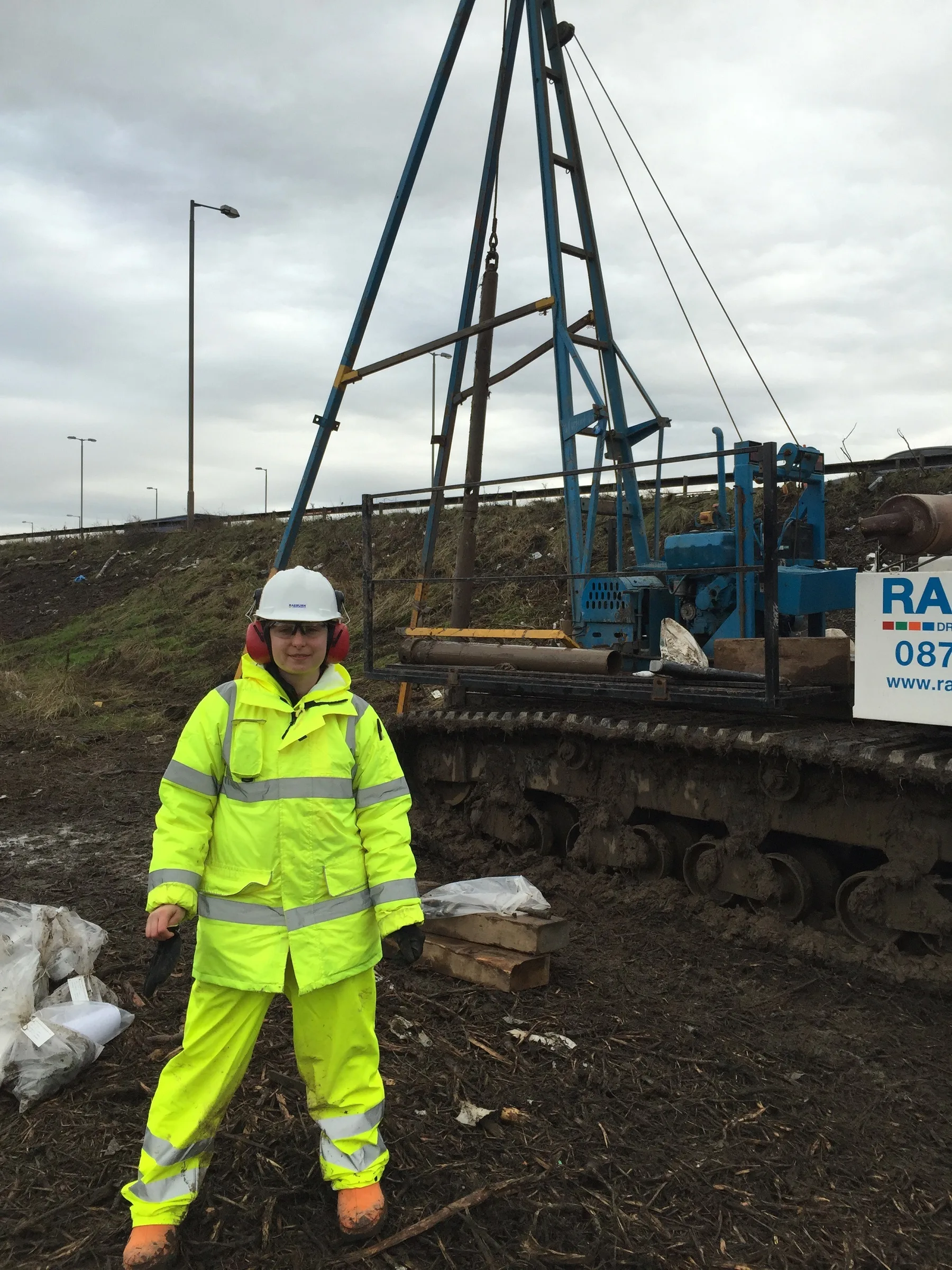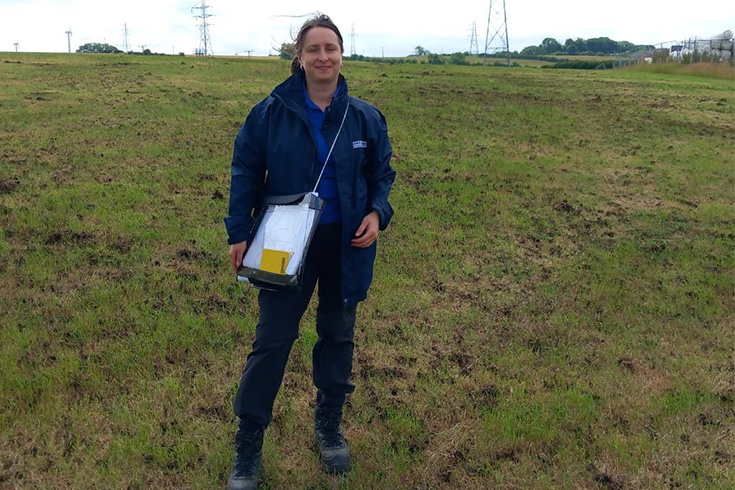
International Women in Engineering day is about celebrating the amazing work that female engineers around the world are doing to support our lives and livelihoods every day. At Banks Renewables we’re delighted to have experienced, talented and committed women engineers in our team.
So as part of this important day, we spoke to development engineer Kasia Szczepanik to find out more about her journey so far……
Q1. What inspired you to become an engineer?
I don’t think I would call it inspiration. I was always much better at science in school, so it felt quite natural to pursue a career in this direction.
I would have done anything in high school not to be forced to read another poem in my entire life!
Q2. Have you always wanted to be an engineer?
No not really, I hadn’t really considered engineering until the end of high school and even then, I wasn’t 100% sure it was exactly what I wanted to . My career led me down several different paths before I finally decided that engineering was the right choice for me. I spent several years working in different roles and studied various university courses before I finally settled into an engineering role but exploring those different options was an important part of my personal journey to where I find myself today.
“The majority of the workforce in the engineering sector are male, often I only work on-site for a short periods of time so building up trust has been one of the biggest challenges I’ve faced.”
Q3. What do you enjoy most about your work?
I like how varied my role can be. Throughout my career, I was able to do both office and site work which allowed me to see the applications of my work in the real world as projects came to fruition. I like that my role gives me the freedom to shape my career by giving me the flexibility to focus on the parts of the job that I enjoy the most. In my role at Banks Renewables, I’m working with different technologies all the time, which is equally challenging and motivating. Finally, it’s great to be part of the renewable industry in the knowledge that our work has a positive impact on the environment and is contributing to the UK’s journey to net zero.
Q4. Latest statistics show that women make up 16.5% of all engineers in the UK up from 10.5% in 2010 (Source: Engineering UK, March 2022). Why do you think more and more women are working in the sector than ever before and what would you say to young women thinking about a career in engineering?
During my undergrad degree in Earth Science, we had roughly a 50/50 split of male and female students so there is definitely a lot more interest in engineering from women than ever before. During my career in engineering geology/geotechnical engineering, I’ve had quite a lot of female colleagues. But I guess this may not be the case for other engineering fields.
I believe there are still a lot of expectations on women to take care of family, kids and elderly parents which I think is an entire second work shift making it harder to compete with men to progress in their careers but things are improving and that’s a positive movement for women and for the sector as !
For female engineers I would say believe in yourself and that you can be whoever you want to be. If you have a passion for any field of study there is nothing that can stop you from accomplishing your goals. In my experience, I found out that being direct helps me get my point across in a predominantly male environment.

Q5. What have been the biggest challenges in your career and how have you overcome those challenges?
My biggest challenges have been site based. The majority of the workforce in the engineering sector is male, often I only work on-site for a short periods of time so building up trust has been one of the biggest challenges I’ve faced.
The way I approached these challenges has been to clearly explain the reasoning for my work and in the majority of cases this has helped me to build a rapport with colleagues enabling me to get the job done. I think it’s important to ask questions, to share knowledge but also to have confidence in my own experience and abilities – if I believe I’m right I always find a way to get my point of view across.
Q6. How has your career progressed so far and what are your aspirations for the future?
I started my career as a geologist and then progressed to working as an engineering geologist/geotechnical engineer. Many of the projects I was involved with were onshore wind farms which sparked my interest in moving into the renewables industry. Today, I’m focused on developing in my current role and expanding my knowledge of other renewables.
“The biggest motivator for me is knowing that my work and that of Banks Renewables is positively influencing the environment for the better. It’s a great feeling.”
Q7. What is the biggest motivator in your role?
The biggest motivator for me is knowing that my work and that of Banks Renewables is positively influencing the environment for the better. It’s a great feeling. I’ve worked very hard and made a lot of personal sacrifices to get to where I am today, but knowing how proud my parents are of what I have accomplished makes it all worthwhile and personally it is a key motivating factor for me to keep improving.
Q8. How has the Banks Group supported your career so far and what are you most looking forward to in the future?
I’m still quite new at the Banks Group but since joining I have undertaken various training and I’ve had the full support of colleagues to fulfil my role within the team and across the business.
Q9. How would you describe your role and the difference you make to society to your seven-year-old self?
I use large-scale Legos to build huge windmills that make your TV and iPhone to work.
Q10. Do you have an engineering hero and if so, who are they and why do they inspire you?
To be honest no, I was never the type of person that needed a well-known role model to provide motivation. The people that inspired me are my lecturers and colleagues who are great at what they do and enjoy their career. They believed in my skills and pushed me to be better even when I doubted myself in my early university days and professional career particularly because I was a female engineer from another country studying and later on working in the UK.
